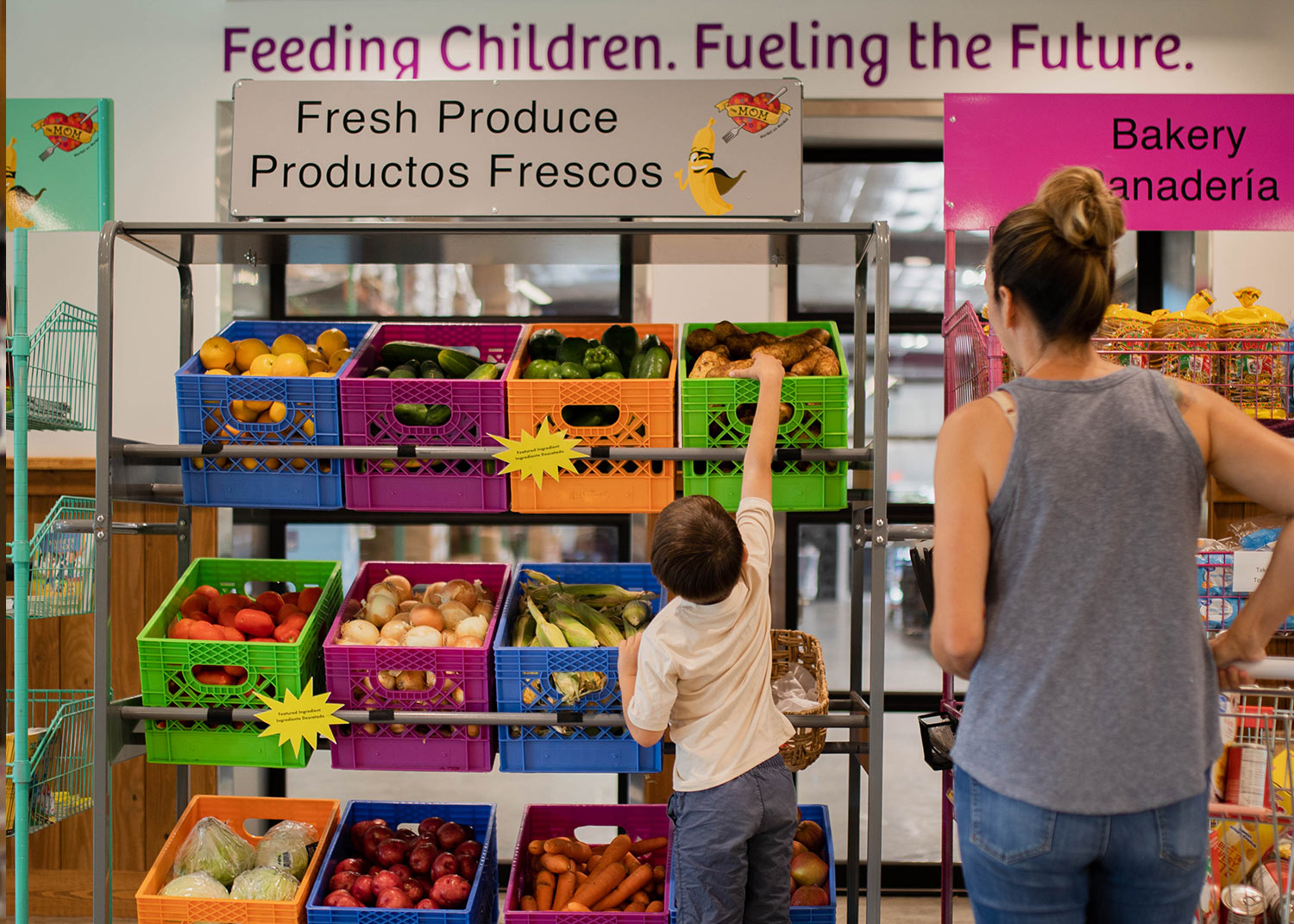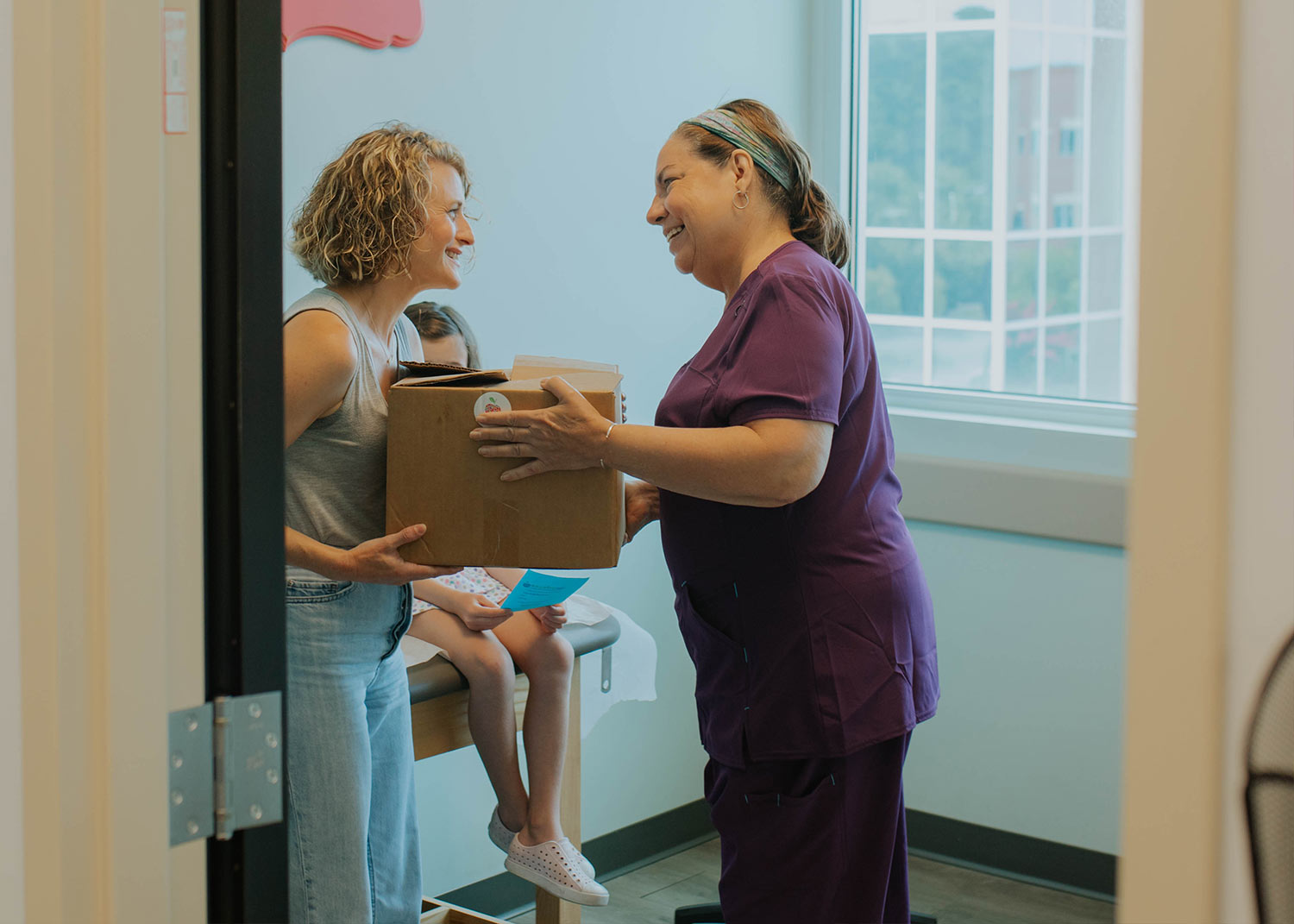
by Steve McCrossan, Executive Director
Did you know that we have 7 food deserts in our area and 349 total food deserts in North Carolina? Food deserts are low income areas “where residents’ access to affordable, healthy food options (especially fresh fruits and vegetables) is restricted or nonexistent due to the absence of grocery stores within convenient traveling distance.” This means our families often have to shop at mini-marts or dollar stores where food options are limited, expensive, and rarely healthy. In other words, they have to pay more to get less, in both quantity and nutritional value. TheNourishNC backpack program helps battle the negative effects of food deserts by putting healthy food directly into the hands of hungry children. Want to see where food deserts are? Check out this interactive food desert locater. See the infographic below for other ways to battle food deserts.




